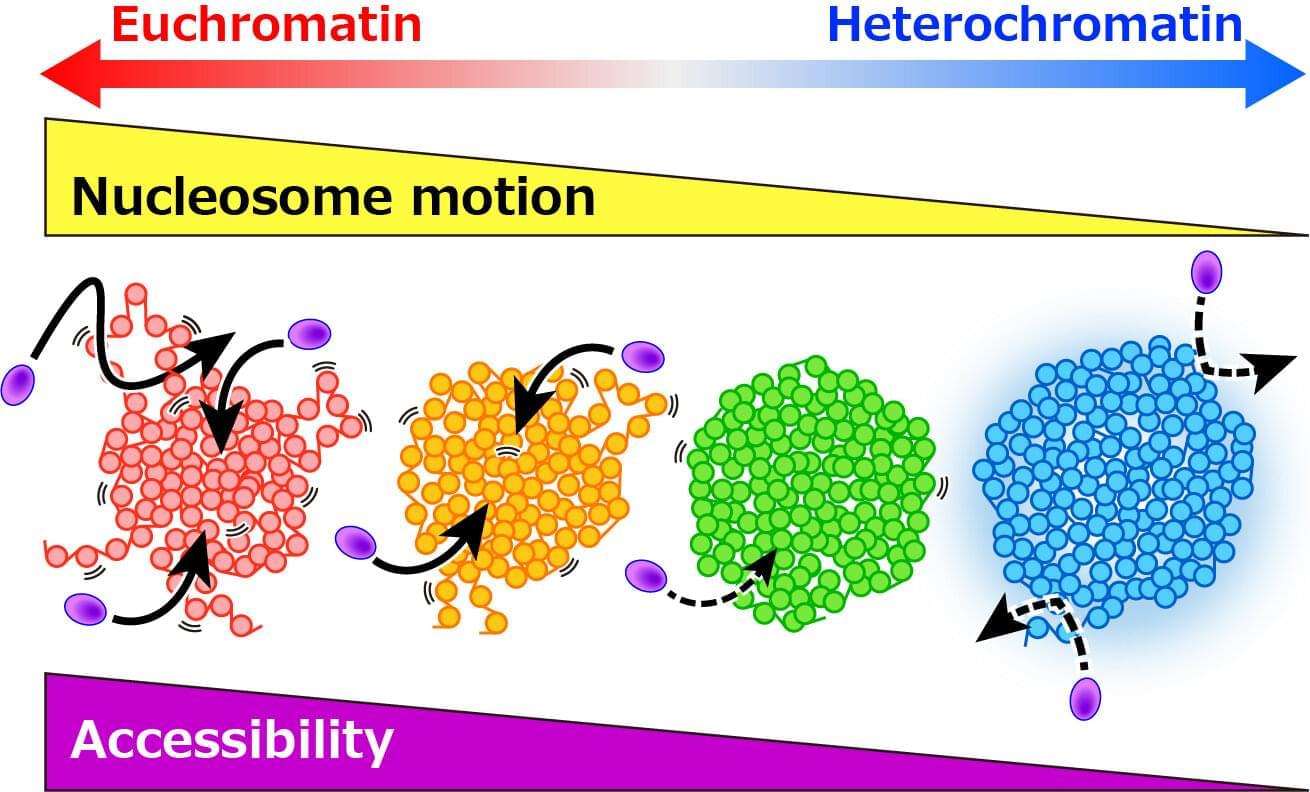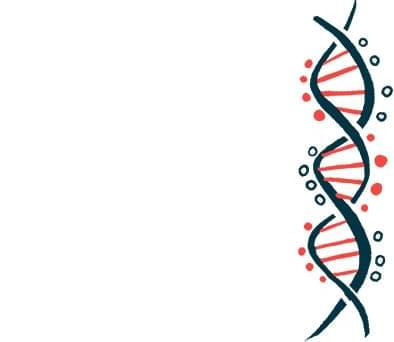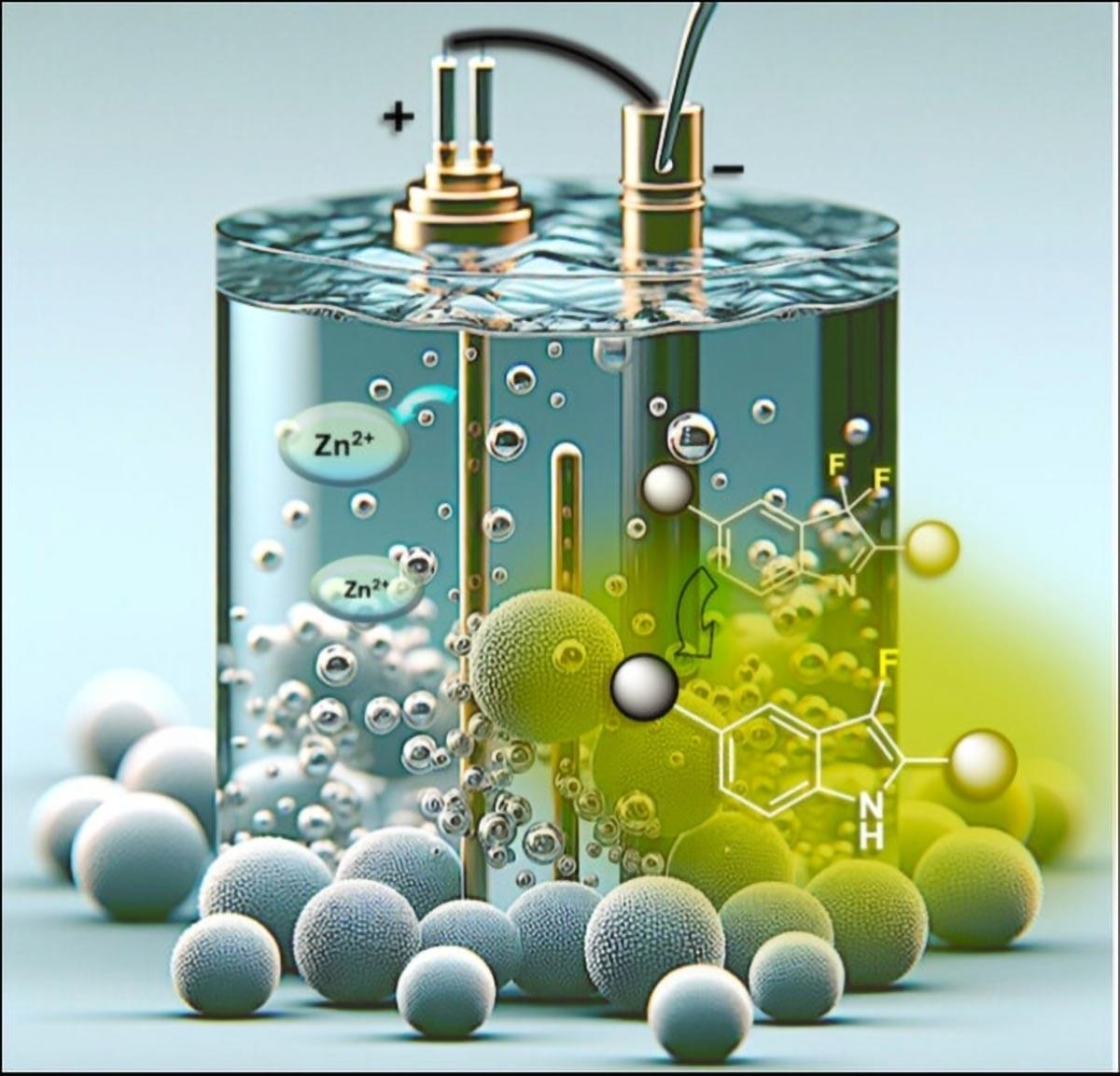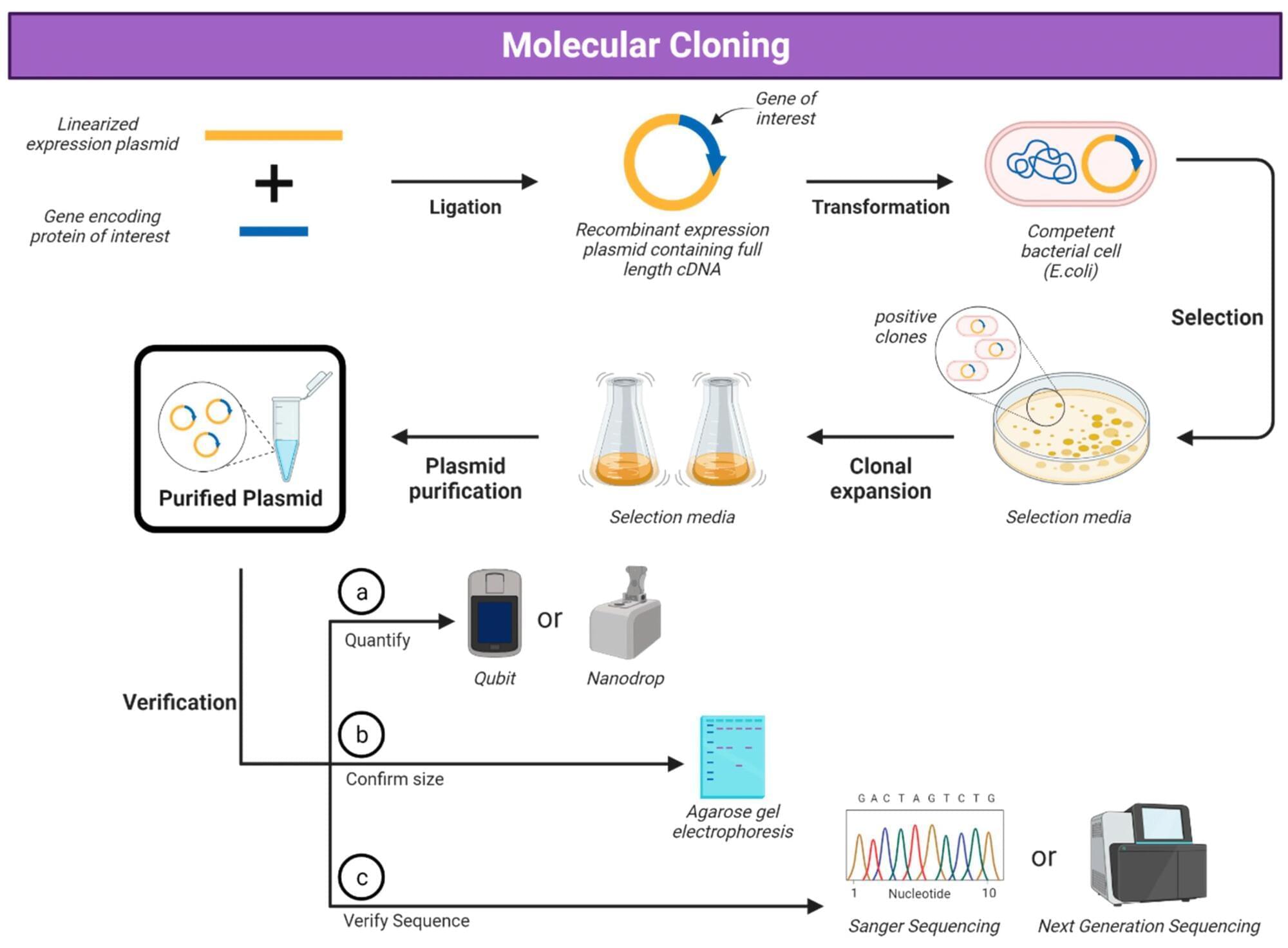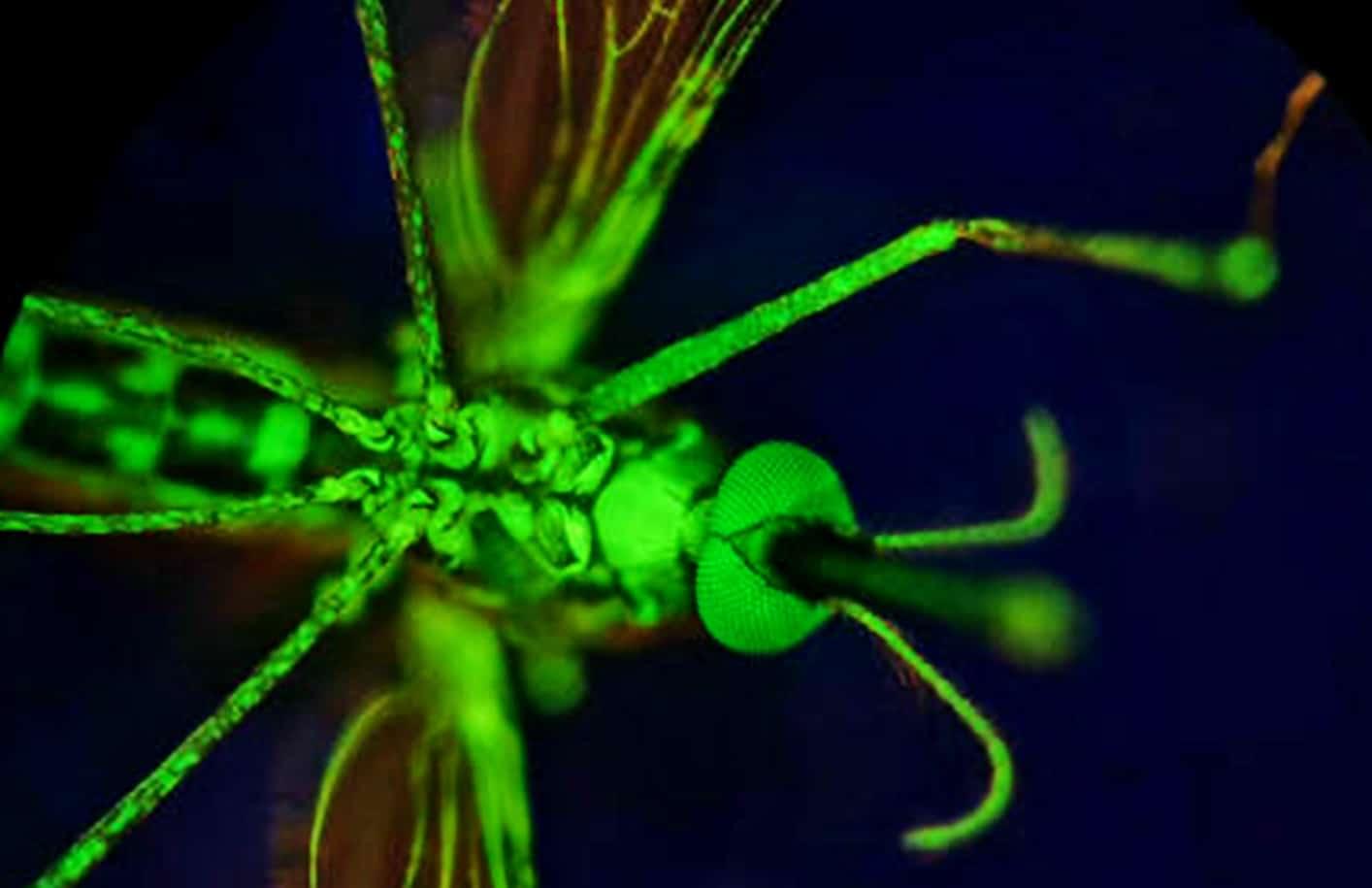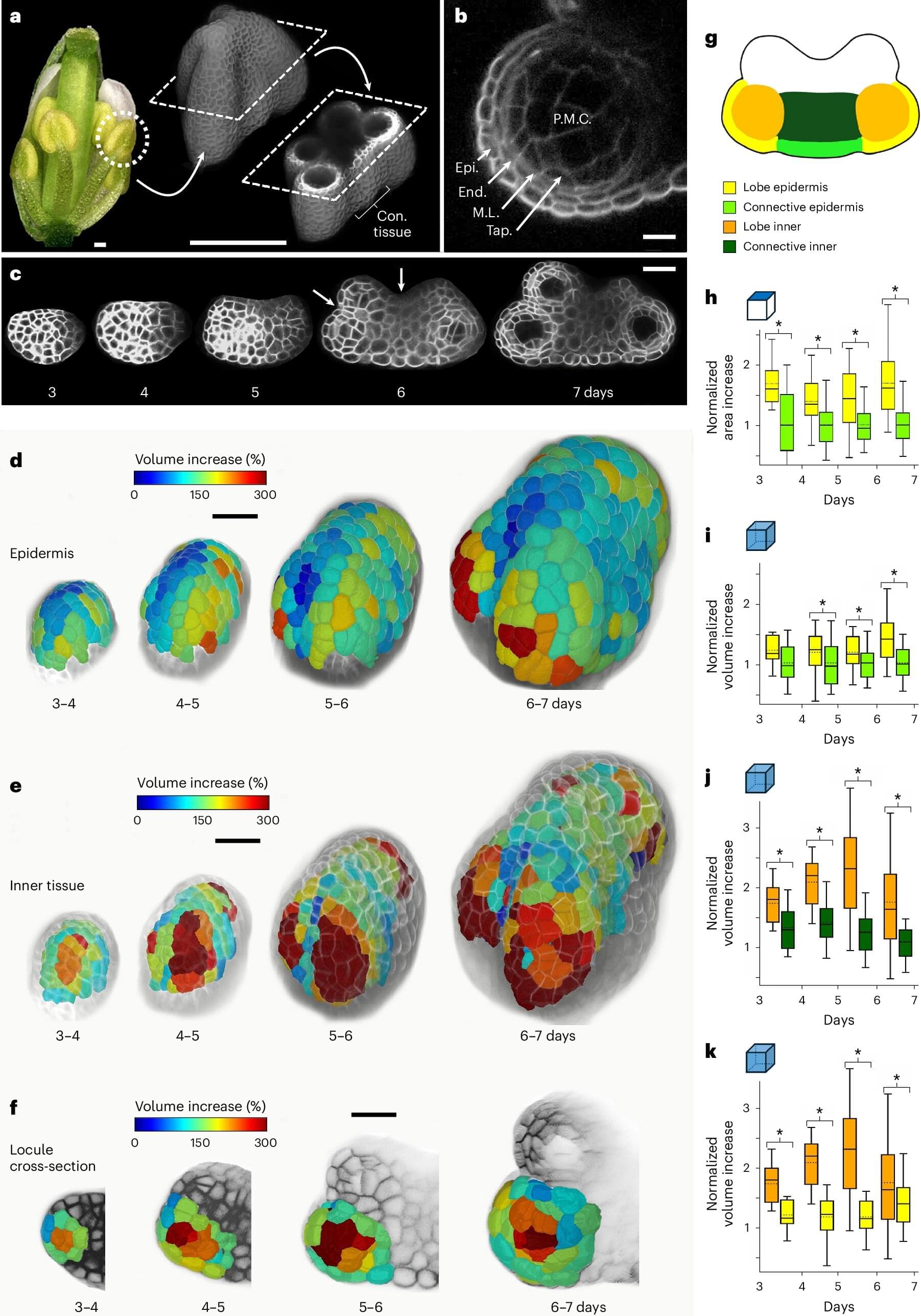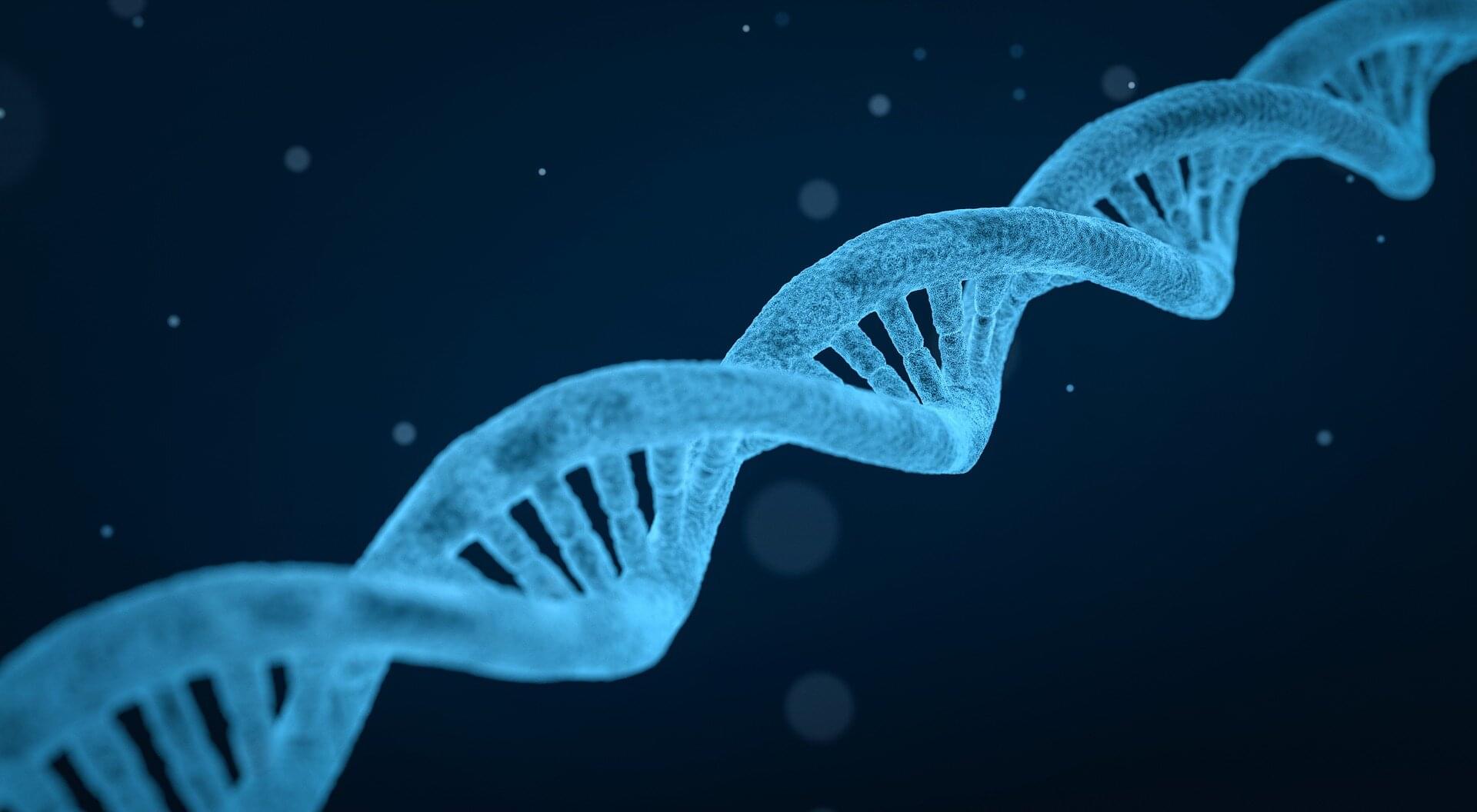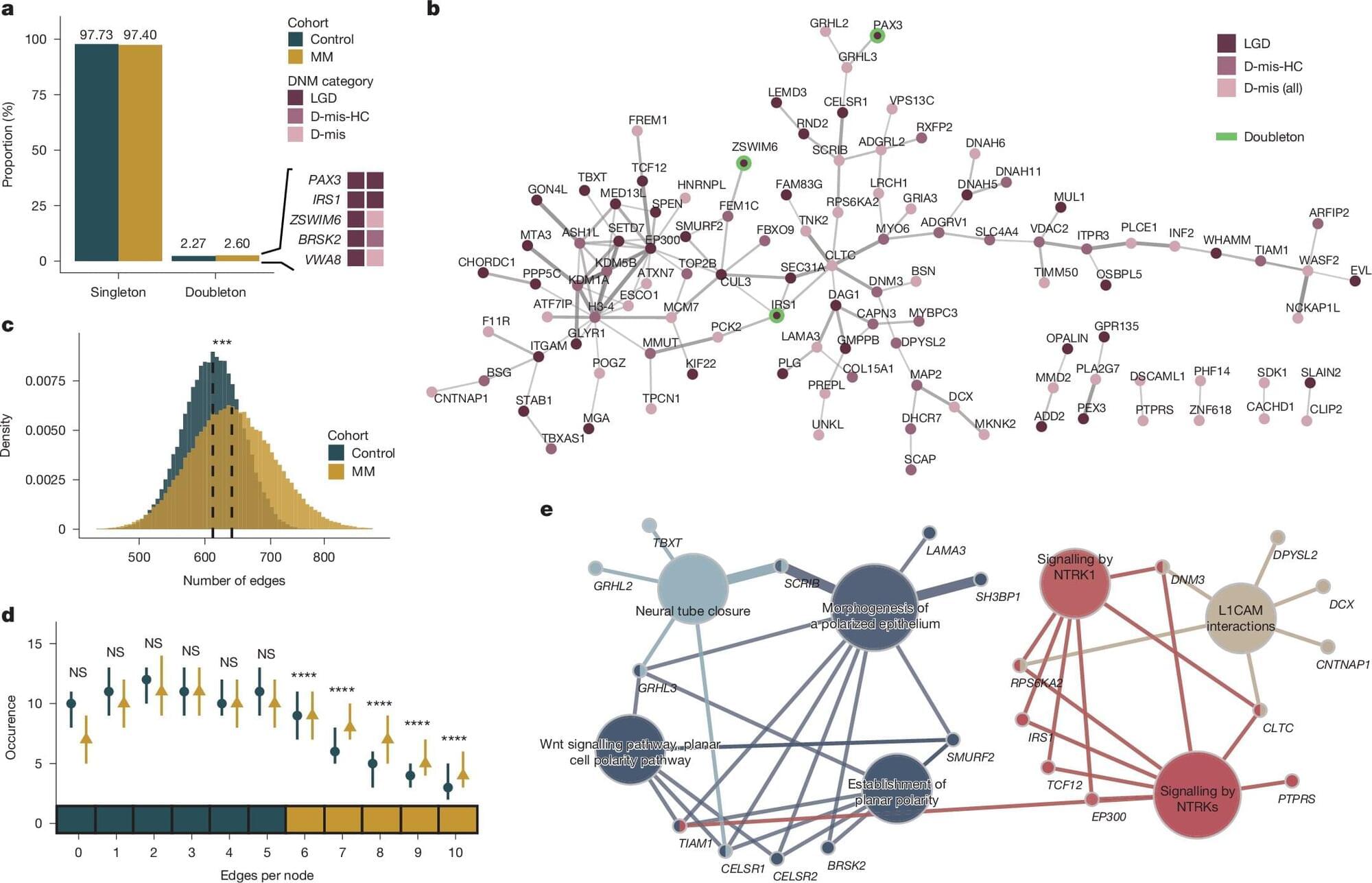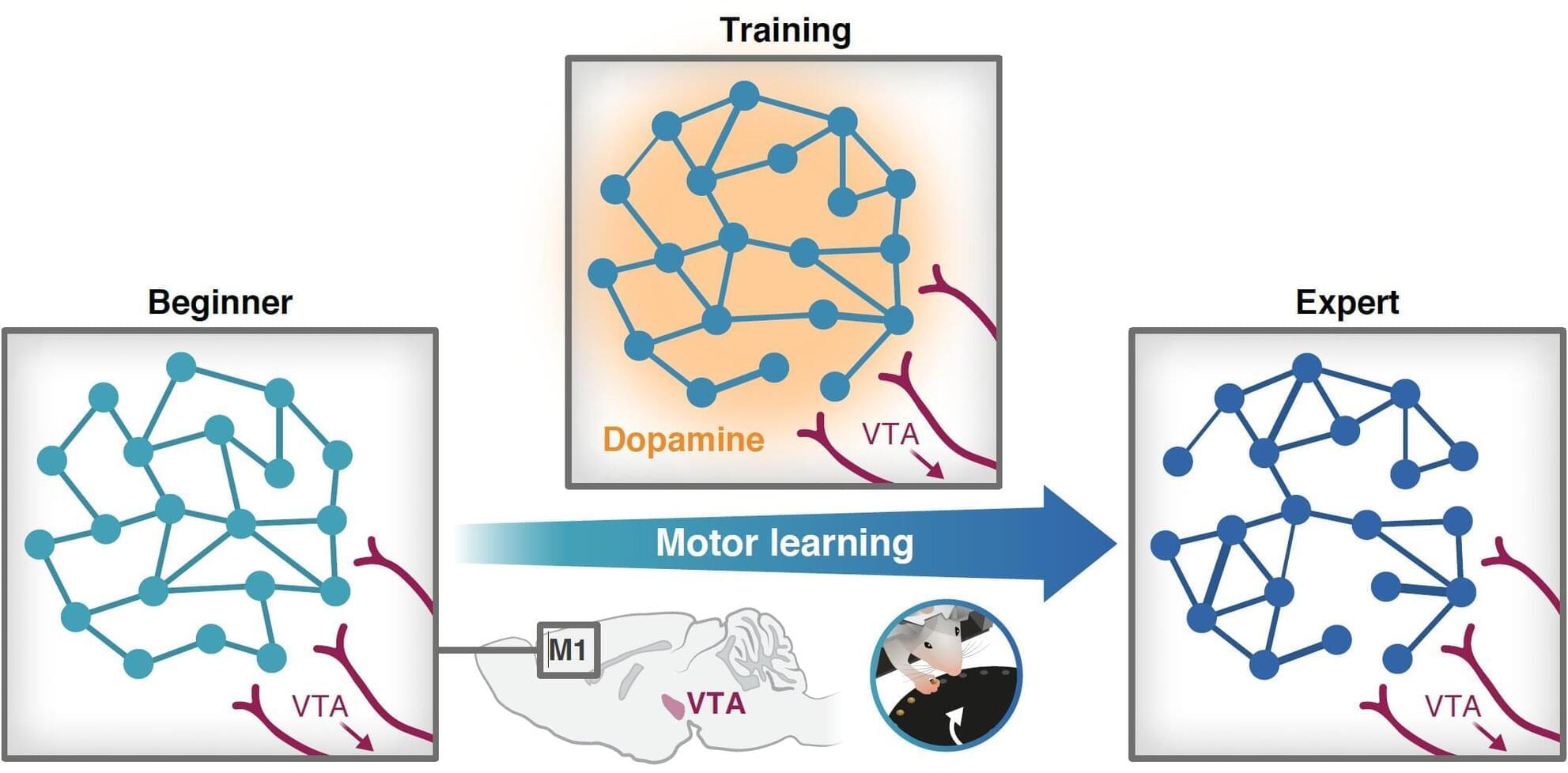A team led by Professor Kazuhiro Maeshima of the National Institute of Genetics (ROIS) and SOKENDAI in Japan has developed a method to visualize different types of chromatin and reveal their distinct physical properties. They published their approach and findings on March 28 in Science Advances.
Inside every human cell, 2 meters of DNA must be tightly packed into a tiny nucleus. This DNA is wrapped around proteins to form chromatin, which exists in two main forms: euchromatin, where genes are active, and heterochromatin, where gene activity is suppressed.
“How these two types of chromatin are organized and behave inside living cells is still not well understood,” says Katsuhiko Minami, the first author of this study. “Until now, we lacked a way to specifically label euchromatin and heterochromatin in live cells.”
